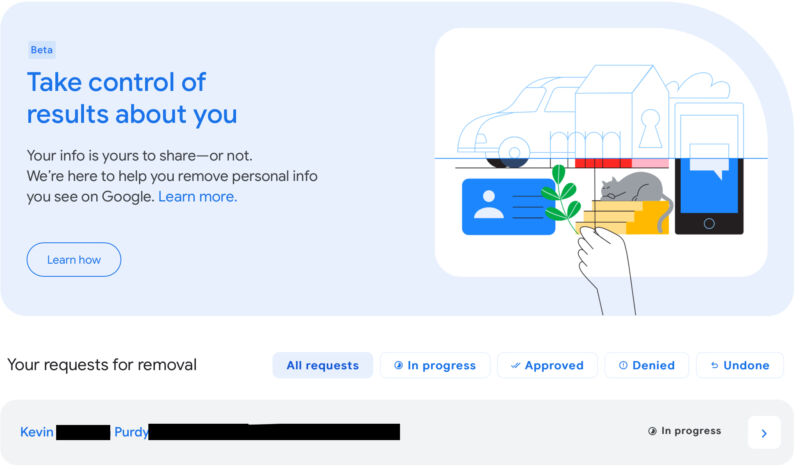-
 chevron_right
chevron_right
Google never agreed it wouldn’t copy Genius’ song lyrics, US official says
news.movim.eu / ArsTechnica · Wednesday, 24 May, 2023 - 20:19 · 1 minute

Enlarge (credit: maxshutter | iStock / Getty Images Plus )
After song lyrics website Genius sued Google in 2019 for allegedly breaching its terms of service by copying its lyrics transcriptions in search results, the United States Supreme Court invited the US solicitor general, Elizabeth Prelogar, to weigh in on how the US viewed the case. The question before Prelogar was whether federal copyright law preempted Genius' terms of service, which prohibits any of its website visitors from copying lyrics for commercial uses.
Yesterday, Prelogar responded, filing a brief that sided with Google. She denied that Genius' case was a good vehicle to test whether copyright law preempted state-law contract claims and recommended that the court deny Genius' petition to review the case.
The key issue was that Genius' terms of service may not be a valid contract, because website visitors don't have to directly agree to the website's terms and may not even be aware they exist. Because of this, Prelogar said it was unclear whether any court would find that Google—or any visitor to Genius' site—ever agreed to not copy the lyrics. Reviewing Genius' arguments, Prelogar said that the Supreme Court should not review the case because "there is little indication that any other court of appeals would reach a different outcome in this case."


